Where to go stargazing: 5 great spots in the British Isles, from the Brecon Beacons to the Isle of Man
Escape light pollution and reach for the skies
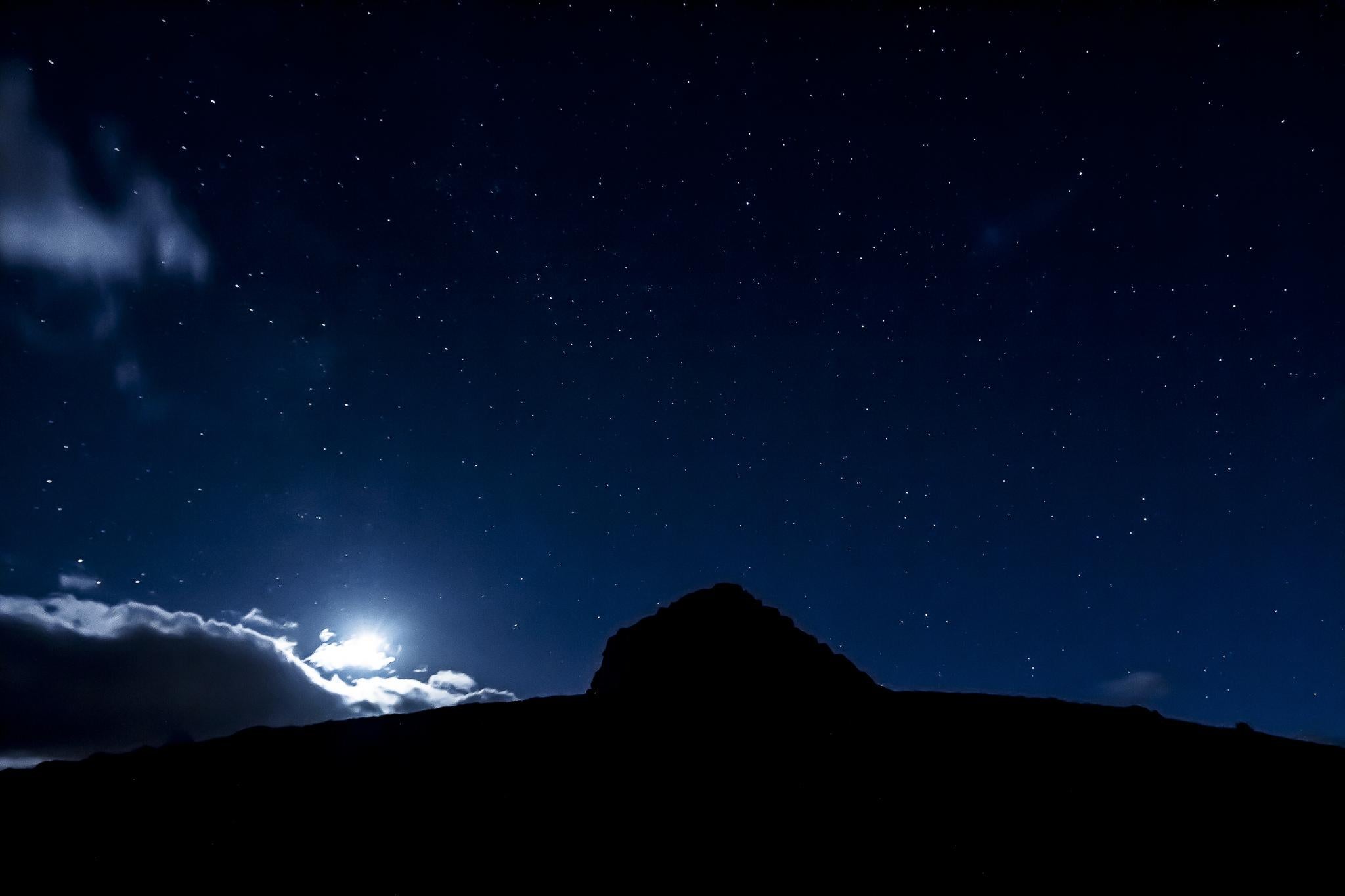
Your support helps us to tell the story
From reproductive rights to climate change to Big Tech, The Independent is on the ground when the story is developing. Whether it's investigating the financials of Elon Musk's pro-Trump PAC or producing our latest documentary, 'The A Word', which shines a light on the American women fighting for reproductive rights, we know how important it is to parse out the facts from the messaging.
At such a critical moment in US history, we need reporters on the ground. Your donation allows us to keep sending journalists to speak to both sides of the story.
The Independent is trusted by Americans across the entire political spectrum. And unlike many other quality news outlets, we choose not to lock Americans out of our reporting and analysis with paywalls. We believe quality journalism should be available to everyone, paid for by those who can afford it.
Your support makes all the difference.As autumn kicks in and the nights grow longer, opportunities for stargazing abound. But to make the most of the constellations and astronomical phenomena visible from these shores you need to escape the city lights; luckily the British Isles are home to numerous accredited dark sky reserves, parks and discovery sites – here are five of the best.
Galloway Forest
Galloway Forest dark-sky park, in Dumfries and Galloway, is one of the darkest spots in Scotland. More than 7,000 stars and planets are visible to the naked eye, and you can usually catch sight of the Milky Way too. You’ll find dark-sky information at visitor centres and across the park, which will help you identify what you’re looking at, but for those who’d like a little more direction, book a visit at the Scottish Dark Sky Observatory (scottishdarkskyobservatory.co.uk; entry from £8), where you can peer at the heavens through two large telescopes.
The Selkirk Arms Hotel in Kirkcudbright (selkirkarmshotel.co.uk) offers stargazing weekends hosted by astronomer Steve Owens. The next one is 28-30 October, when guests will be taken to a secret location to admire the night sky. The two-night stay costs £229 per person, half board, including activities.
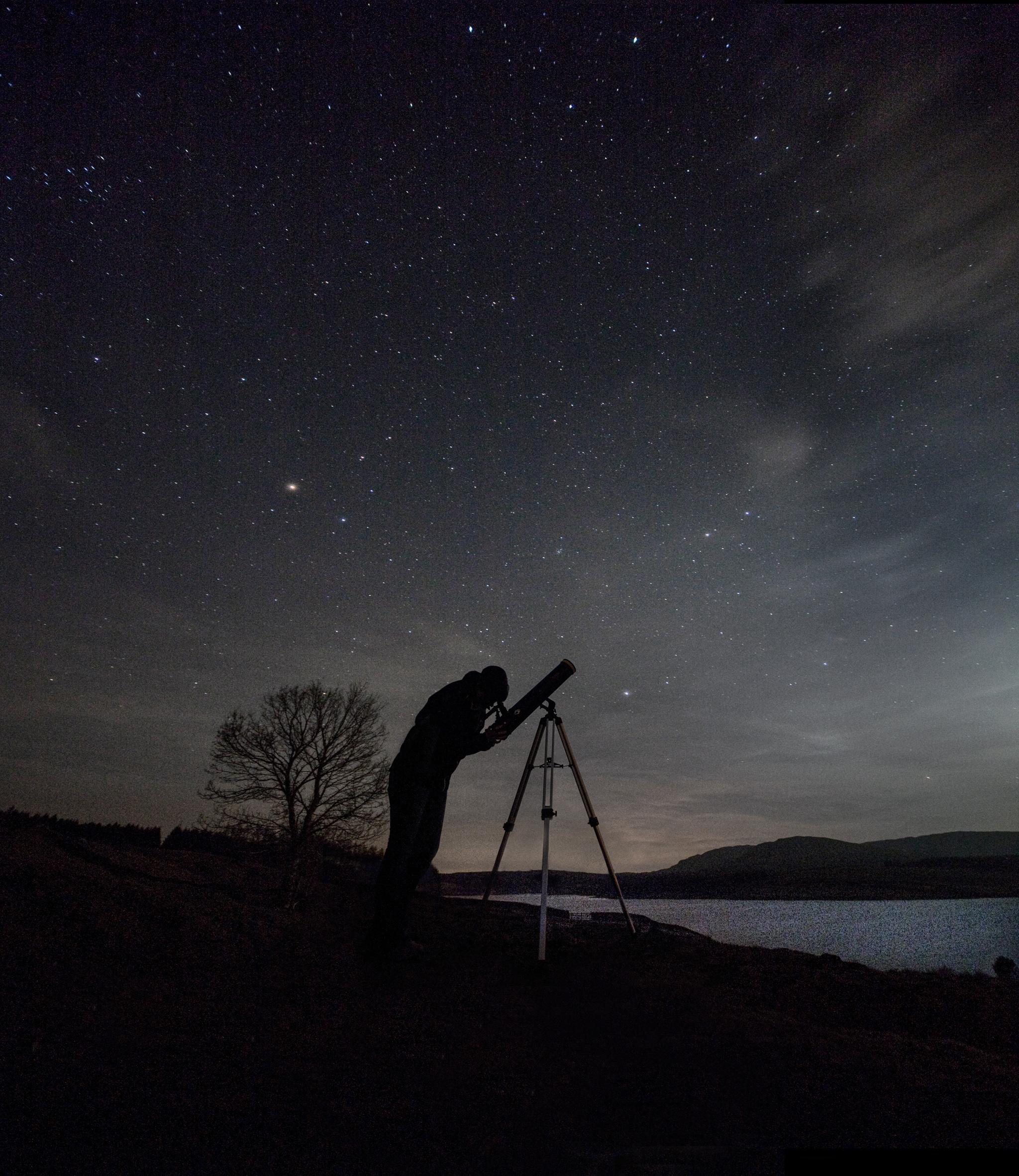
Northumberland
Northumberland has been home to an international dark-sky park since 2013, and with its gold-tier designation from the International Dark-Sky Association, it’s officially the best place in England for stargazing. Look out for shooting stars and the Milky Way.
In the heart of the park, 25 minutes’ drive from Kielder Observatory, you’ll find Wild Northumbrian Tipis & Yurts (wildnorthumbrian.co.uk). New for this year is the Pole Barn, a rustic bothy that sleeps four, from £100 a night self-catering.
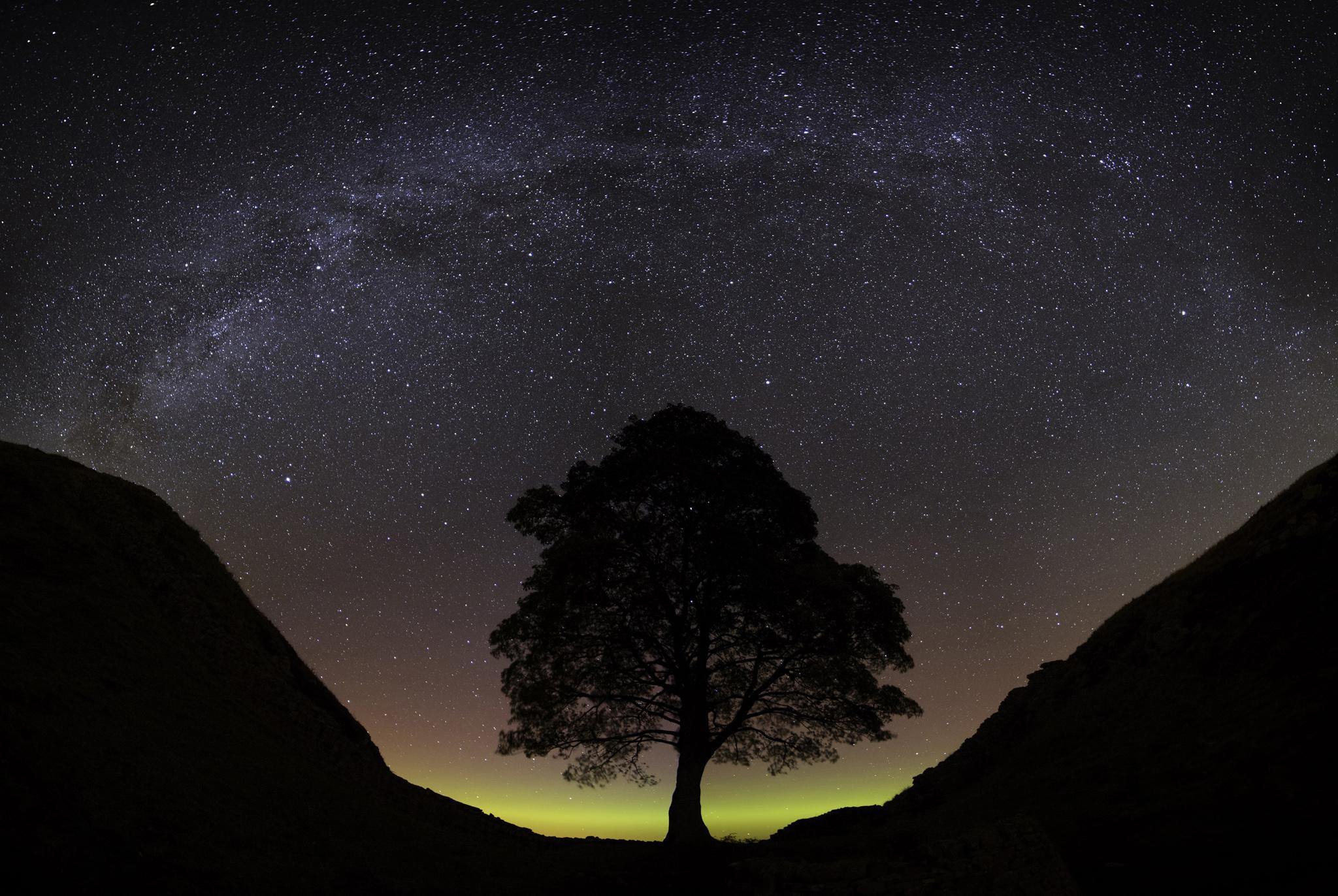
Brecon Beacons, Wales
Home to Wales’s first international dark sky reserve, the Brecon Beacons are a great place to spot major constellations and even meteor showers. There are regular stargazing events, with the next (breconbeacons.org; £9) on 22 October, hosted by the Cardiff Astrological Society. If skies are clear the telescopes will be trained on the night sky in search of astrological phenomena, and if it’s cloudy there will be indoor lectures instead.
Check in to Dan-y-Gyrn bunkhouse (nationaltrust.org.uk). It’s basic, but sits in the foothills of the Brecon Beacons and comes with a log burner. Sleeps 15; price on request.
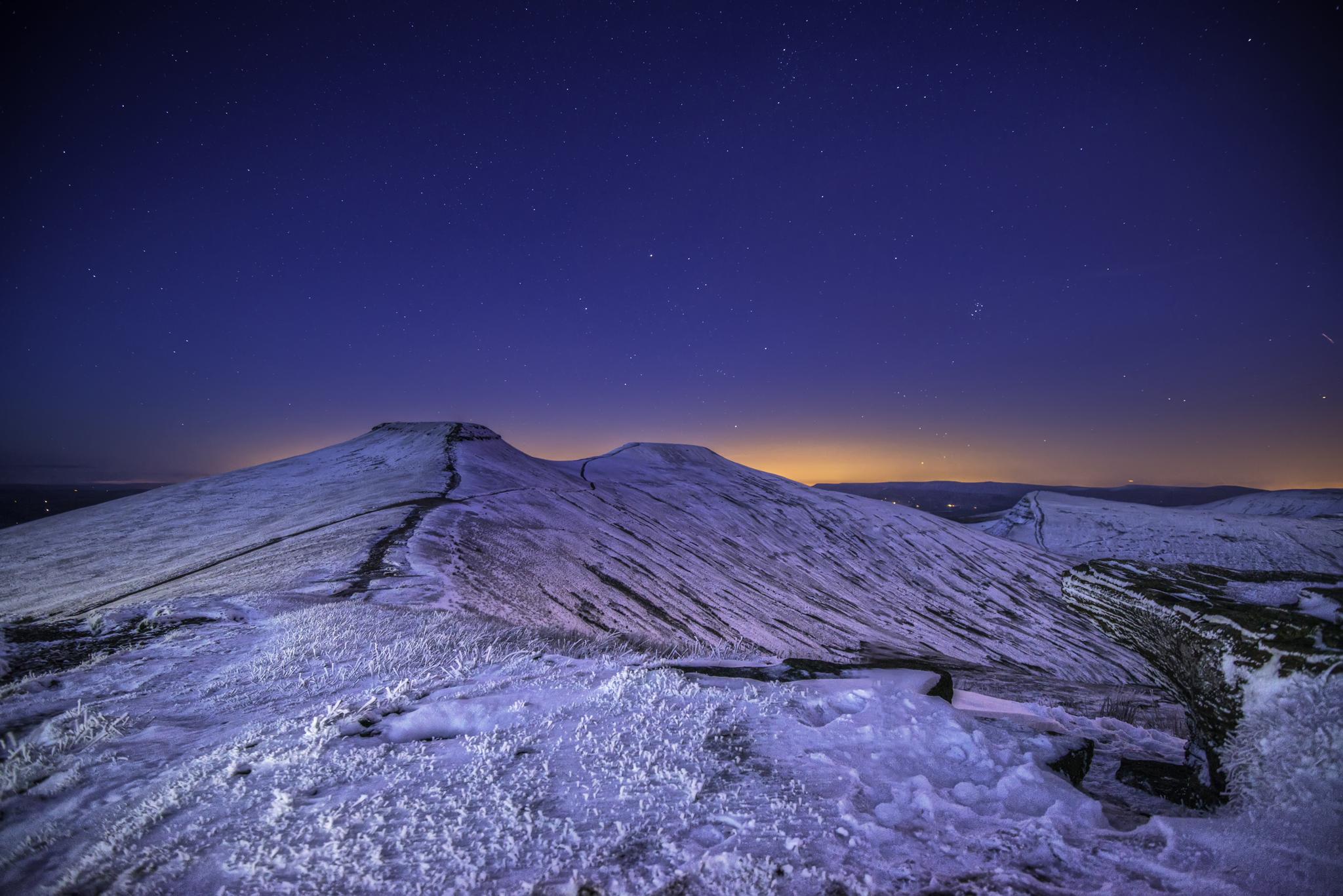
Exmoor
In south-west England, Exmoor National Park is an International Dark Sky Reserve. Among the best spots for budding astronomers are Holdstone Hill, County Gate, Brendon Two Gates, Webbers Post, Anstey Gate, Haddon Hill and Wimbleball Lake, and the park authorities have produced a handy guide to the constellations you might spot, with information on how to use star charts.
For a secluded spot in the middle of the national park, set up your tent at Westermill Farm (westermill.com), where pitches start from £6.50.
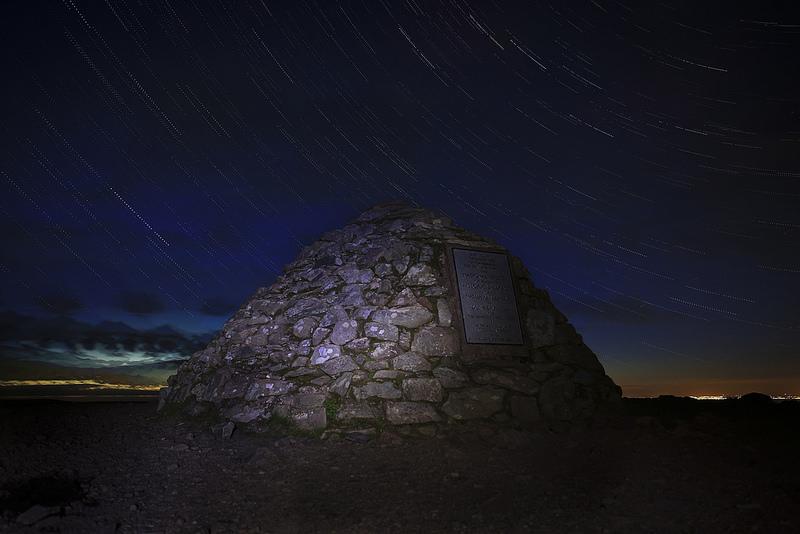
Isle of Man
Home to no less than 26 dark sky discovery sites, the Isle of Man is great for stargazers, thanks to the very low levels of light pollution. A clear night here means you can spot astronomical wonders including the orion nebula and the great andromeda. Head to the isle’s north-east coast and you might even spot the northern lights.
The island has even introduced a Stargazers Welcome scheme – accommodation that offers extra facilities such as binoculars, folding chairs, maps of dark sky sites and more. Among the options is Croit-Ny-Bane Farm (croit-ny-bane.co.uk), a B&B at the island’s northern tip, where rooms start at £85 a night with breakfast (minimum two-night stay).
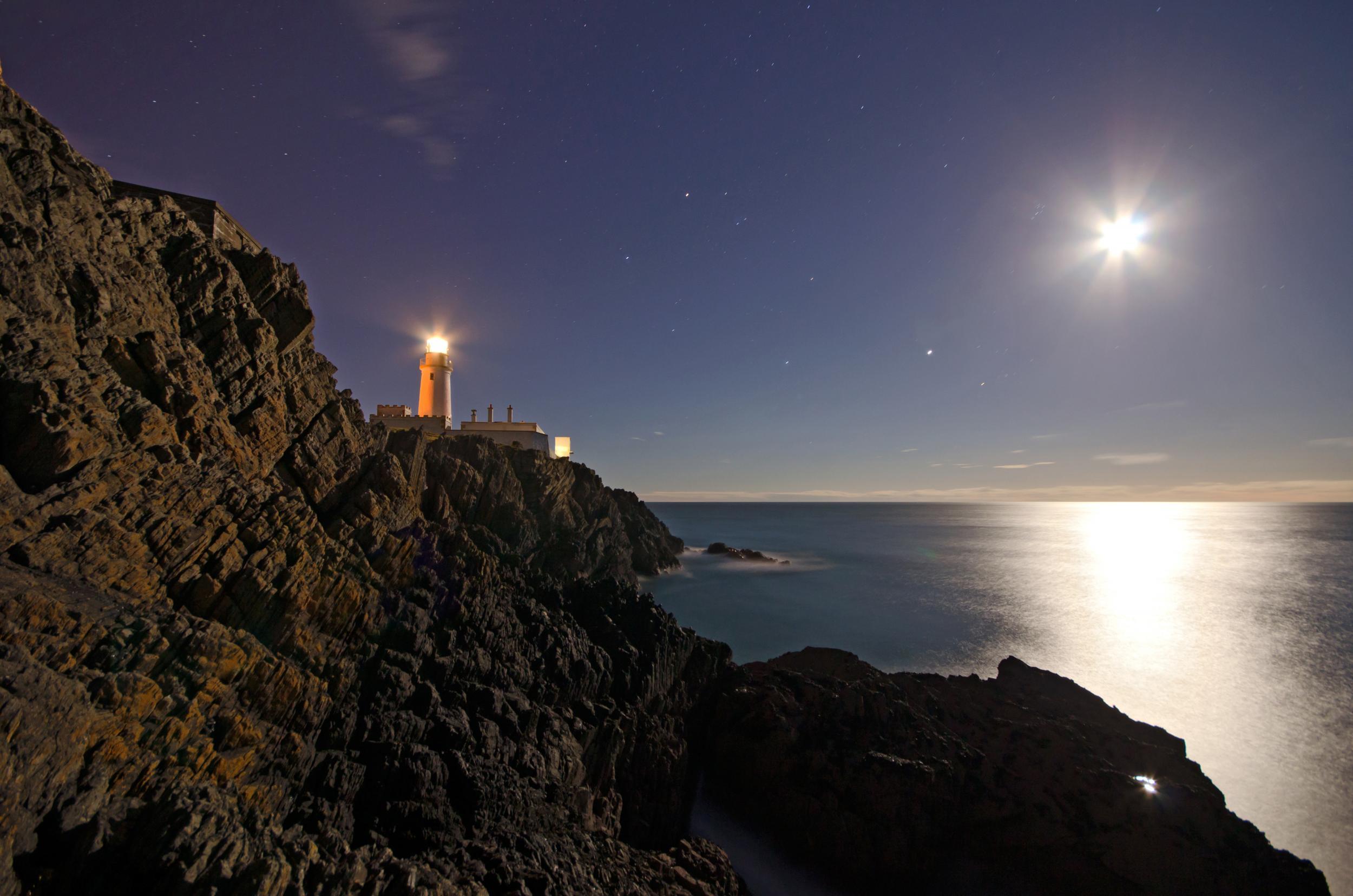
Join our commenting forum
Join thought-provoking conversations, follow other Independent readers and see their replies
Comments